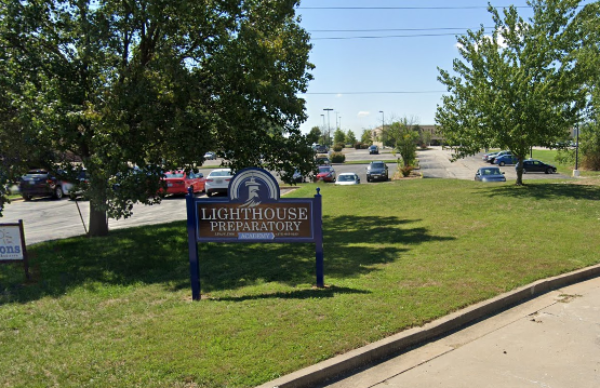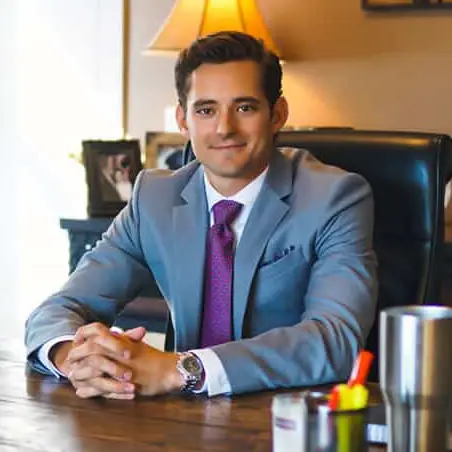
KOMU reported that a 41-year-old woman has been charged by prosecutors with multiple sex crimes related to an inappropriate relationship involving a minor. Although the specific school was not mentioned in the court documents, Lighthouse Preparatory Academy, a Christian-based university model school located at 216 El Mercado Plaza, Jefferson City, MO 65109, has issued a statement confirming that they were notified about allegations of misconduct involving a parent volunteer.
"The school was notified of misconduct allegations concerning a parent volunteer. Due to the nature of the allegations, school officials and proper outside authorities were notified, and Lighthouse immediately launched an internal investigation. We will cooperate fully with any forthcoming investigation as school policies and procedures are being reviewed. Due to the continued investigation, Lighthouse officials will not be providing further comment at this time," the statement said.
According to court records, the alleged incidents were initiated by Cecil and took place on a regular basis, occurring "two to three times a week, on a weekly basis," between December 2022 and July 2023 at her residence. The victim, in his statement to investigators, revealed that he and Cecil utilized the popular social media platform Instagram to communicate and exchange sexually explicit photos. They would employ the app's "vanish mode," a feature that automatically deletes messages after viewing.
The victim's family confronted Jennifer Cecil about the relationship, and she reportedly admitted that the allegations were true, as stated in court documents. Jennifer Cecil now faces charges including first-degree sexual abuse, sexual contact with a student, second-degree statutory rape, and second-degree statutory sodomy.

In the wake of recent allegations involving a school volunteer charged with crimes involving a minor, questions arise about the legal recourse available to survivors of grooming and sexual abuse within the school system. To shed light on this topic, we sit down with Ryan Frazier, Esq., an experienced school sexual abuse lawyer based in Missouri. In this interview, Mr. Frazier provides insights into the civil cases survivors can pursue against those who enable abuse within schools and discusses the potential remedies and support available for survivors seeking justice.
Darla Medina: In light of the recent disturbing allegations involving Jennifer Cecil, a school volunteer charged with crimes involving a minor, many are wondering what survivors can do from a civil standpoint. Could you shed some light on this matter?
Ryan Frazier, Esq.: Absolutely, Darla. When survivors of grooming and sexual abuse by school volunteers or employees come forward, they may have the option to pursue a civil case against those who enabled the abuse within the school system. These cases often involve claims against the individuals directly responsible for the abuse, as well as the institution or organization that failed to properly supervise or protect the students.
Darla Medina: That's a significant step survivors can take. Could you explain how the legal process typically unfolds in such cases?
Ryan Frazier, Esq.: Certainly. In cases like these, survivors can seek justice through a civil lawsuit. They can work with experienced attorneys who specialize in sexual abuse cases to file a complaint against the perpetrators and any other liable parties. The legal process involves gathering evidence, conducting thorough investigations, and building a strong case to prove negligence, inadequate supervision, or failure to respond appropriately to reports of abuse.
Darla Medina: It sounds like a complex process. What kind of compensation or remedies can survivors potentially obtain through civil cases?
Ryan Frazier, Esq.: The aim of civil cases is to secure justice for survivors and hold the responsible parties accountable. Depending on the circumstances, survivors may be entitled to financial compensation for damages such as physical and emotional suffering, medical expenses, therapy costs, and other related losses. Additionally, civil cases often help bring about systemic changes within schools and institutions to prevent future incidents of abuse.
Darla Medina: That's crucial for ensuring the safety of students. For survivors who are considering taking legal action, what advice would you give them?
Ryan Frazier, Esq.: It's important for survivors to understand that they are not alone and that there is support available. I would strongly encourage them to reach out to a qualified attorney who specializes in sexual abuse cases. These attorneys can provide guidance, support, and help navigate the legal process. It's crucial for survivors to know that their voices matter and that they have the right to seek justice and heal from the trauma they have endured.
 info@legalherald.com
info@legalherald.com